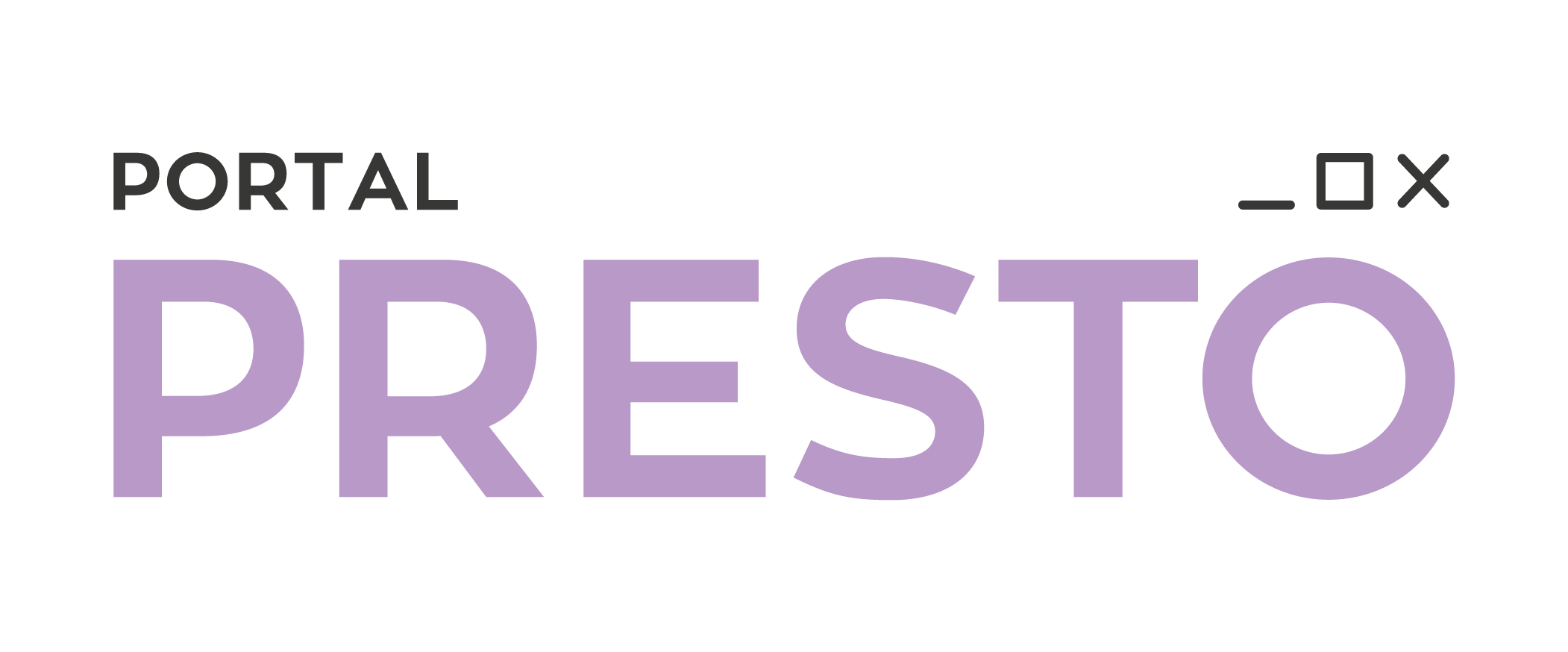Krakow Film Festival: The past does not disappear
“An Ordinary Country” is the film that not in the least is ordinary. Anyway, the title itself is double-dealing. What we watch on the screen is the process of evil spreading, the surveillance, which over time grows to the size of an oppressive system. And it frightens us that all that we see happened in our history not so long ago. And that today, with the current technology, such a system could be even more effective...
Tomasz Wolski's “An Ordinary Country” was made using the found footage technique. As a whole, it was assembled from archival materials of the security services of the PRL (Polish People's Republic), which – although they were created for the purposes of the above mentioned surveillance – became with time a testimony of life in the communist Poland. Many of them were destroyed as a result of the political changes in the country, but not all of them.
And although in 1956, the Big Brother replaced the mechanisms of the Stalinist terror with UB (Security Office), it does not change the fact that the society was still under permanent control and on an increasing scale, because they tried to attract new agents in various ways, what was intensifying the social distrust and permanently affected the sense of national identity.
The everyday life wchich in this way used to be "secured" by the Ministry of the Internal Affairs became truly hostile, uncertain and intolerable, sometimes close to absurdity, and another time simply dangerous. In the document, we watch controlled conversations and recordings made using hidden cameras, dirty records of interrogations and recruitment attempts, and video tutorials for the officers of security service.
What emerges from this is a wiretapped life, in which one careless step could contribute to harassment and forced cooperation with the services. The seemingly grotesque and insignificant recordings could with time cause stress, involvement, imprisonment, and even treacherous death.
Tomasz Wolski builds the drama of his film in an extremely creative way, actually we are dealing with an almost poetic impression assembled from the archives. The mood of the story is significantly influenced by DJ Lenar's remix of music combined with clicks and noise of the recordings. The accurate and interesting selection of the materials which survived and are available in Institute of National Remembrance makes in turn that the whole thing looks like a spy thriller.
It is not a historical documentary, neither an action movie, although it undoubtedly remains a captivating record of history. A film that absolutely had to be rewarded, both for its form and its subject, even if the way of showing the difficult content, chosen by the film director, is controversial.
That is why the Golden Lajkonik* for “An Ordinary Country” is the award that was to be expected. “An Ordinary Country” is a much needed movie, especially in times when the door to the past is becoming more and more often closed. And yet, the fact that we already have something behind us will in no way make this something disappear.
(Maja Baczyńska, translated by Władysław Rokiciński)
* Lajkonik is a kind of a hobby-horse which is traditionally used in a folk fun parade in Cracow a week after the Feast of Corpus Cristi.
Polish version HERE

